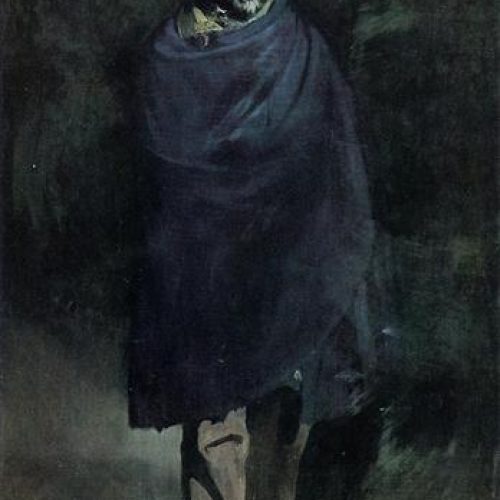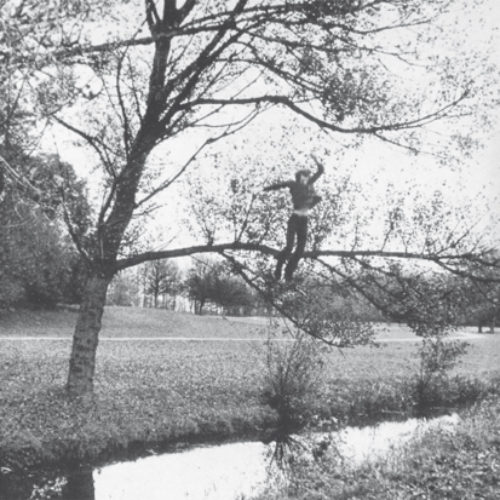What is at the core level of our motivation that we can learn to grasp and adjust and work to improve our lives with? Far too often, we set ideals for ourselves and apparently self-destructive tendencies quickly take over as if we were not meant to strive to any great goals. The way we act is far different from how we say we act and the reasons we give for our actions.
At the core of our motivation is some concept of “goals” that determine what we aim at, obviously, but also how we see the world, how we regulate emotions, what things contain value, what things we come to think are good or evil. Questions of our goals ought to be asked, perhaps before any other, for they are central to who we are as acting human beings.
To understand goals well enough, we must come up with an origin story for them that roots them in biology. This means that animal motivations and actions must be involved in some way. How do we get from basic survival and social motivational principles to levels of goals containing both the imagined ideals and the concrete daily minutia?
The understanding of a goal begins with the most basic of motives, those that we might call instincts at the foundation of all action. Once we have made the amorphous instinct into something of a behavior acted out in its specific instances, we can then begin to look consciously at what goals are and what they mean to us.
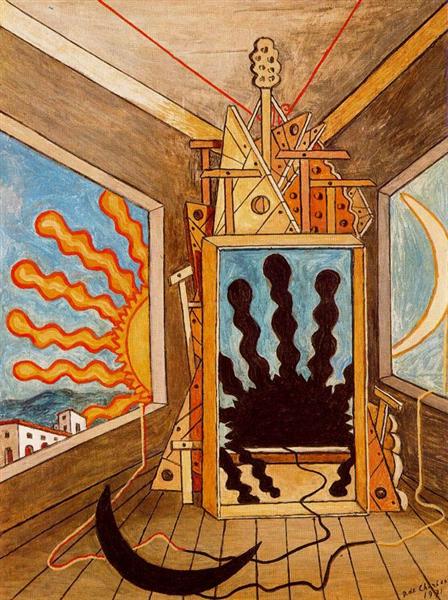
Goals as Universal Goods
What is an innate goal? I do not want us to pretend a goal is merely that thing that you set flippantly and immediately fail at achieving. These are only consciously derived goals, but not the goals that are implicit in your actions. Implicit goals, you do strive for, whether you are aware of them or not, and they always have their roots in biology, although, in what way is certainly ambiguous.
Goals are what center our efforts, determine our emotionality, and give things the value that we feel things, perhaps innately, have. Daily actions must be justified with biological foundations, but there is nearly infinite variation for the details of that action. Eating and drinking, have clear biological utility, but the manner in which you eat, and what you eat, has other utility, such as in upholding of culture that serves another biological purpose which can be cloudier and more long-term. These implicit goals are very serious to consider because they will end up governing how your life turns out.
The question that we are asking here is how these goals become what they are. There seems to be always a perennial debate going on between what is “natural” and what is learned or socially constructed. When we try to understand a “Good” which is universal among human beings we seem to always trip on the specific circumstances and contexts that make things good or bad. But when we suggest that they are entirely constructed by culture or personal experience, we cannot understand them as having causes. There is no reason to assume that just because experience leads to a certain outcome that it is merely caused by experience, and that there is nothing biological or universal in those actions.
Part of the problem is that we often assume a universal good can exist in a vacuum, which it cannot. There must be a concrete situation in which the goal can manifest itself. And the specific ways it is manifested is assisted by culture, by past experience, and by random circumstances. This article is a search for what it is that existed before the manifestation of the goal. What is the root of a goal when it is removed of its specificities? What is left, what is universal, if anything?
Instinct: Impulses without Ends
The question of universalities of human beings, by necessity should be a conversation of biological traits. Instinct, is a term to describe universalities of human action and impulse. To get at the core of goals, we can begin with a theoretical definition of the concept of instinct. There are several ways in which we can define instinct. Instinctual stimuli, motor programs, desires, and ways of mimicry are all ways we can be programed to perceive and respond. All of these elements are interdependent and can be preprogrammed into us and put under the category of instinct.
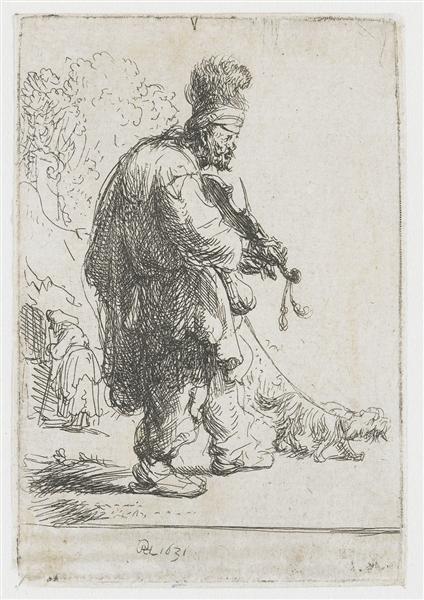
A feature of instinct—that is particularly relevant to goals—is that instinct is the preprogramming of actions towards an unknown end. It is not as if a bird who flies south for the first time has any knowledge of why it does that and to what end it seeks, it does so because of instinct, whether it is in mimicry of other birds or other programs of perceptions and actions.
“Instinct is usually defined as the faculty of acting in such a way as to produce certain ends, without foresight of the ends, and without previous education in the performance.”
William James
Humans may appear to not have instinct. We seem to have knowledge of the ends to our action, but this is misleading for several reasons. It would be arrogant to think that every end of your impulses is measured out with all ends in mind. Single actions have multiple ends, contain the consideration of multiple instincts, and have effects that last years and years. To have complete understanding of the ends to our impulses would be an error in confidence.
But this is not to say that animals have nothing but instinct because they do not “know” the ends of their action. Ends can be known when expectations are made for a particular result. We couldn’t ask a dog if it knows when the food is coming, but it is obvious that a dog expects food when you a rummaging in the food cabinet. In that way animals know the ends, through expectation, that is built from experience. As soon as the animal “knows” the end, the instinct is less of an instinct, but more of a habit which becomes more efficient as the actions are repeated. The end then becomes predictable, and expected, so what was once an instinct is now a habit which concerns real specificity and that knows the outcome (indicated by the expectation of it). The habit was highly influenced by instinct, is strengthened by the instinct, is maintained by instinct, but has taken on its own peculiarities.
This means that instinct, though it may seem to be in contradiction to learning, is actually essential to it. How could acting without knowledge of the ends be a precondition for learning? Rather than thinking of instinct as antithetical to learning, instinct can be thought of as a preparedness to learn. Therefore, there is neither instinct nor learning without the other.
“The process of learning in higher animals, as well as in insects, is often innately guided, that is, guided by information inherent in the genetic makeup of the animal.” This is opposed to these two things being separate.
Gould & Marler in “Learning by Instinct”
Concrete Learning from Vague Instincts
We can assume that somewhere in instinct there is unknown universal “Goods,” but we are not yet able to define them. This brings us to the question of how we derive concrete goals from knowledge of instinct, if we can even come to reliable knowledge about instinct at all.
“Very often it is easy to specify in advance the general characteristics of the things an animal should be able to learn, even when the details cannot be specified. For example, bees should be inherently suited to learning the shapes of various flowers, but it would be impossible to equip each bee at birth with a field guide to all the flowers it might visit.”
Gould & Marler in “Learning by Instinct”
The idea expressed here suggests that it would make no sense to preprogram specific information into an animal’s behavior, unless that specific information was universal through an evolutionary period of time. In other words, instincts are as specific as the situations are universal. Broader action programs are necessary to adapt to diverse circumstances that have some essential characteristics.

Instincts start off broad, and then specify when one learns the details of the instinct. Unconditioned responses and stimuli are generalized and initiate a stereotyped response to stereotyped perceptual information. If that action is rewarded, the learned behavior is made more specific by the situation where the instance took place. This is a merging of operant conditioning and instinctual origination.
“[Flowerlike characteristics] trigger unconditioned responses of landing and probing with the proboscis, behaviors that represent two innate motor programs. If a flowerlike object rewards a bee with food, the flower’s specific characteristics may be learned – imprinted – as conditioned stimuli.”
Gould & Marler in “Learning by Instinct”
Therefore, before a specific action is made from the instinctual template, there is no goal, no end. As soon as the learning takes place, there is an end, but it cannot be called universal because it came from the experience of the specific event. And for that reason, we find it difficult to articulate what universal ideals are. They are either latent and indefinable, or they are specific and characterized by conditioning.
Uncovering Goals and Reimagining Ideals
This brings us to the problem of being unable to define a universal ideal. If we are not able to assume ideals based on a single person’s experience or even what a culture may worship, we must find other routes to define ideals.
One way is the scientific approach of researching into the evolution of instinct. But unfortunately, the defining of ideals merely as evolutionary instincts makes them seem utilitarian, as if we calculate the goods of actions before doing them.
James on animal instincts: But why do humans have such particular preferences and ways of doing things? “Nothing more can be said than that these are human ways, and that every creature likes its own ways, and takes to the following them as a matter of course. Science may come and consider these ways, and find that most of them are useful. But it is not for the sake of their utility that they are followed, but because at the moment of following them we feel that that is the only appropriate and natural thing to do. Not one man in a billion, when taking his dinner, ever thinks of utility.”
William James
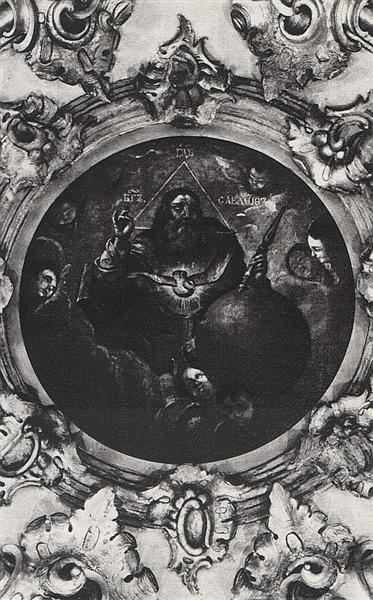
I do not criticize the scientific approach lightly, because I think it is essential to supporting other attempts at definition of “Ideals.”
The method of arriving at an ideal that I find the most intriguing is that of narrative, but let us recall what we started with.
Instincts (or broad, undefined ideals) are first acted on, with the outcomes revealing themselves to us. What ends we see as a result of our actions is how we articulate what a goal is and what sorts of things it takes to get there. We not have one instance of the ideal in action, but it is narrow and contaminated with the circumstances in which it is understood.
In memory, that instance is concrete and put into narrative form. As more opportunities come up to exercise that instinct, the narrative takes in the variables of the other instances. For instance, if you learned the fear instinct in response to a snake for the first time, and you encountered a lion, both of those instances would contribute to the natural “ideal” of the feared object. We can then abstract what is similar between those two instances.
The abstraction between multiple stories that have similar themes is how we come up with an ideal goal. For us individuals, these ideals differ greatly and can be learned and become individualized, but the abstraction of the narratives of the world, are what present to us the universal ideals. It is worth recognizing both in how you orient your goals and perceive ideals.

